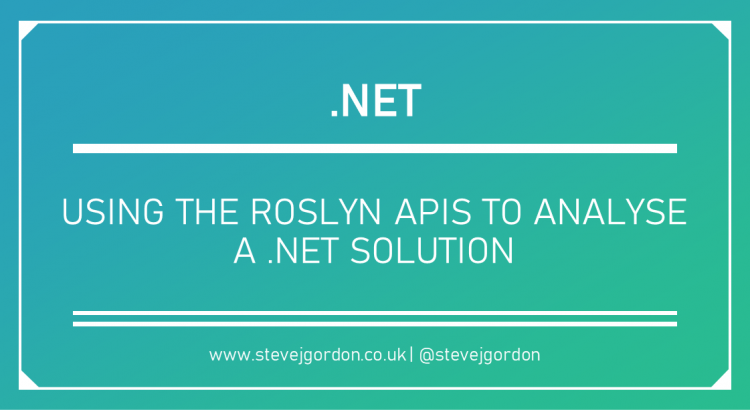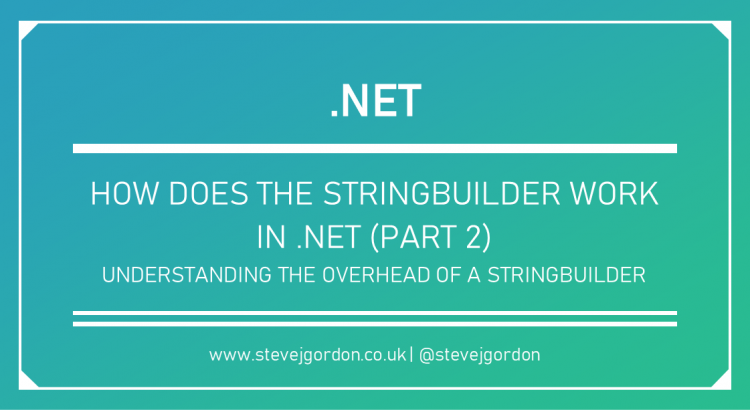In this post, we will continue our journey into the functionality and implementation of dotnet.exe, specifically focusing on how the hostfxr library is resolved and loaded. This post follows part one of this series, “A Brief Introduction to the .NET Muxer (aka dotnet.exe)“. Note: These posts are a deep dive into .NET internals and won’t […]
Tag: .NET
An Efficient Dictionary for IPAddress Tracking using .NET 9 with AlternateLookup and IAlternateEqualityComparer
In this post, I will introduce and demonstrate enhancements to collections in .NET 9 and C# 13 for low-allocation code paths. Specifically, I will demonstrate using a custom IAlternateEqualityComparer and the AlternateLookup on a Dictionary used for efficiently tracking IP address information, keyed on the bytes of IP addresses. My use case, the basis for […]

Disabling Recording of an Activity (span) in .NET OpenTelemetry Instrumentation
I’ve recently been building some hobby code to dogfood the various observability tooling we develop at Elastic. Additionally, I’ve been interested in identifying the pain points of using our products as well as the .NET instrumentation libraries (from System.Diagnostics) used to instrument code in an OpenTelemetry-compatible way. Recording Activities in .NET In today’s short post, […]

Using the Roslyn APIs to Analyse a .NET Solution
In this post, I demonstrate how to analyse a .NET solution using the Roslyn APIs and aMsBuildWorkspace.

How Does the StringBuilder Work in .NET? (Part 2)
Part Two: Understanding the Overhead of a StringBuilder To continue exploring how the StringBuilder works, we’ll shift focus and study its logical design. Today, we’ll start by looking at how the type is designed and the overhead involved with creating and using StringBuilder instances. If you missed part one of this series, I explained why […]
